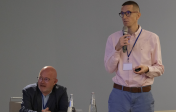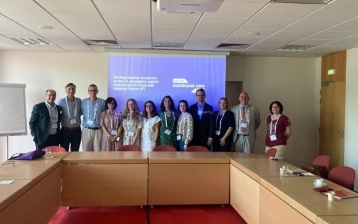
ONCA Turin Conference 2024 Report
REPORT, SLIDES, PHOTOS
REPORT, SLIDES, PHOTOS
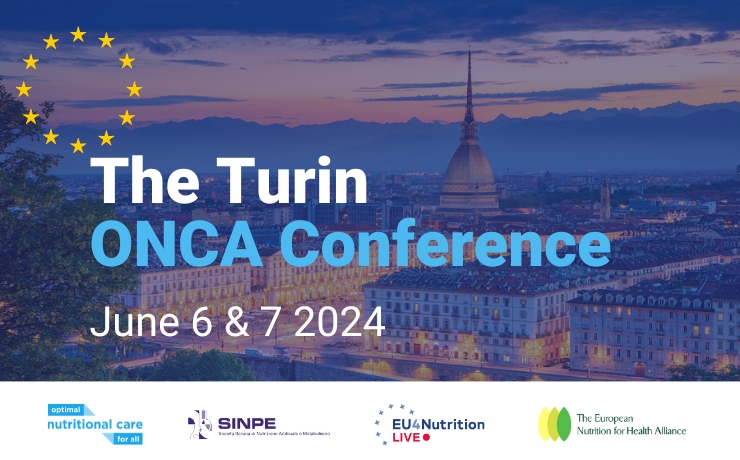
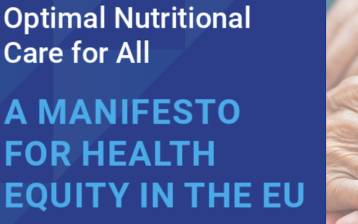
Ensuring good health and well-being for EU citizens involves protecting their nutritional status and ensuring they have access to quality nutritional care.
Visit page
The Turin ONCA Nutritional Care Policy Summit 2024 brought together key stakeholders in the field of clinical nutrition from across Europe and beyond, with the event co-hosted by Antonella Lezo, President of SINPE, and Professor Olle Ljungqvist, Chair of the European Nutrition for Health Alliance.

The conference featured delegations from over 20 countries and focused on addressing malnutrition through a multidisciplinary approach. Significant emphasis was placed on the importance of collaboration among scientific societies, patient associations, industry, and policymakers.

The event underscored the importance of government support, with contributions from the Ministry of Health and regional health departments, highlighting their commitment to improving nutritional care. Discussions ranged from the implementation of nutritional care policies at national, regional, and European levels to patient-centric approaches, including for patients with cancer, IF, or CVD.
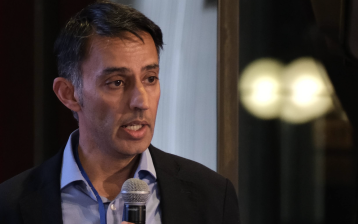
Sessions included expert presentations on global malnutrition, the triple burden of malnutrition and the role of nutrition in chronic disease. The conference also explored collaborative actions at the European level, emphasizing the need for unified messages and effective policies. Patient advocacy was a central theme, with speakers stressing the importance of empowering patients and ensuring access to nutritional care across all demographics.
The second day of the ONCA Turin Conference 2024 was designed to be highly interactive, featuring a series of workshops focused on practical aspects of nutritional care and advocacy. Participants shared strategies and best practices for raising awareness about malnutrition through effective campaigns and community engagement during Malnutrition Awareness Week.
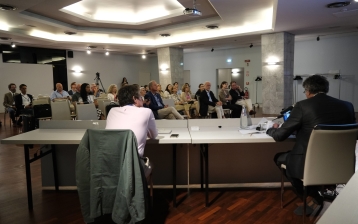
Emphasis was placed on empowering patients and ensuring their voices are heard in healthcare decisions in the Patient Advocacy sessions. Discussions on Health Economics covered the economic impacts of malnutrition and the benefits of investing in nutritional care. Workshops on changing the paradigm on data explored ways to improve data collection and utilization to enhance nutritional care strategies.
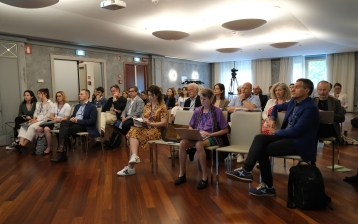
Methods for educating healthcare professionals and the public about nutritional care were delved into during the Education session. Finally, efforts to increase understanding and awareness of intestinal failure (IF) and its nutritional management were highlighted. These workshops provided valuable insights and fostered collaboration among participants, advancing the initiatives discussed at the conference.
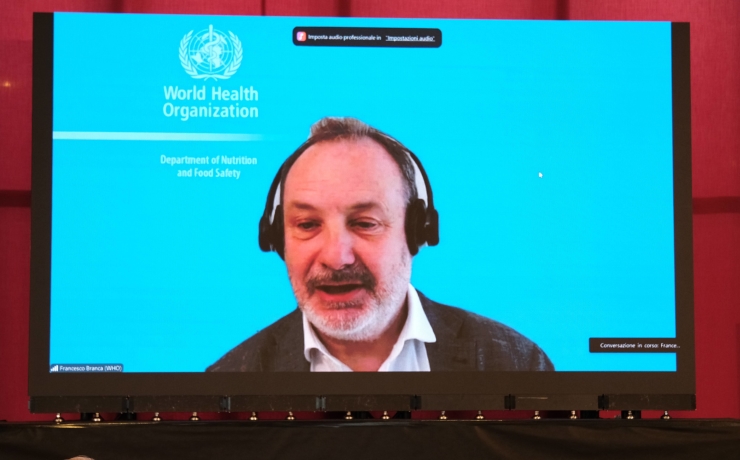
Key Takeaways
By emphasizing pan-European collaboration, engaging multiple stakeholders, and adopting a multidisciplinary approach, we can address the challenges posed by disease-related malnutrition effectively.
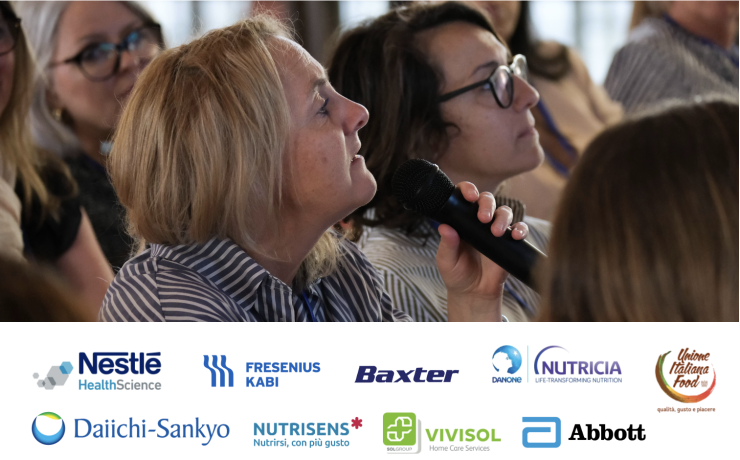
The supporters had no influence on the content of the programme
Video URL: https://www.youtube.com/watch?v=mHwHlo0mOwk


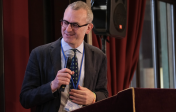


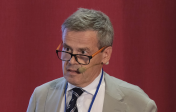
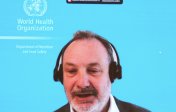
Global Insights into Disease-Related Malnutrition: Understanding the Worldwide Impact
1.67 MB

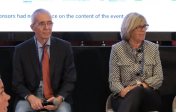
Collaborative Initiatives and Declarations: Strengthening Partnerships in WHO Europe
5.96 MB

Fostering Patient Advocacy: Catalysts for Advancing Nutritional Care Policies in the European Union
1.97 MB
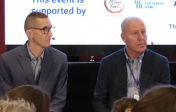
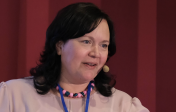
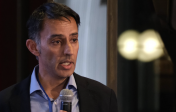
Navigating Nutritional Policies in the UK: Valuable Lessons from Intestinal Failure Strategies
2.29 MB




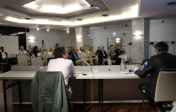
Metrics that matter: Transforming Nutritional Care Policies through Data-Driven Paradigm Shifts
7.68 MB

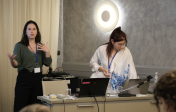
Optimizing Malnutrition Awareness Week: Fostering Good Practices for Collective Success
20.11 MB
